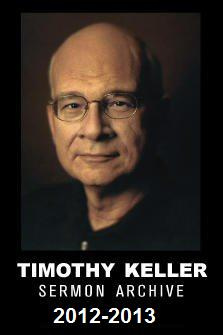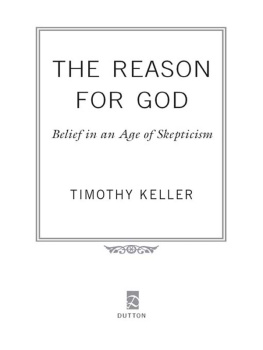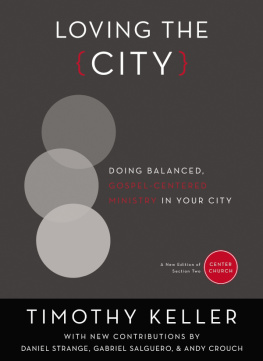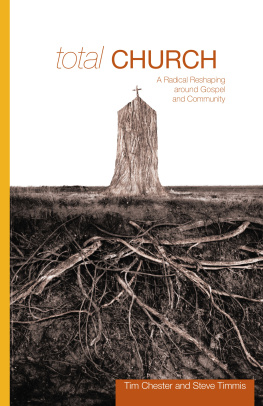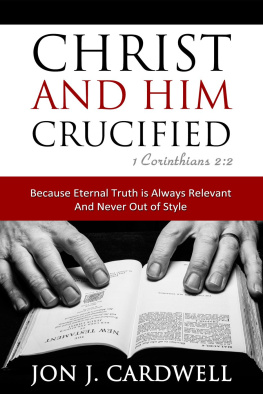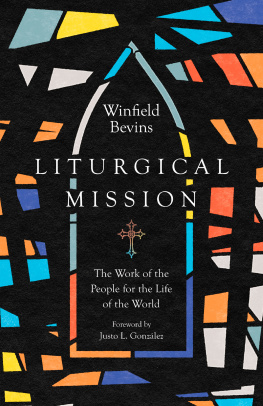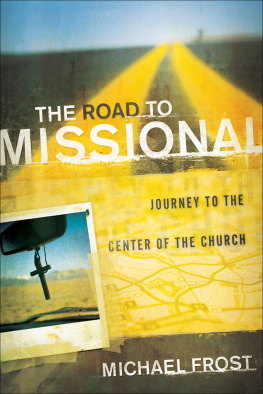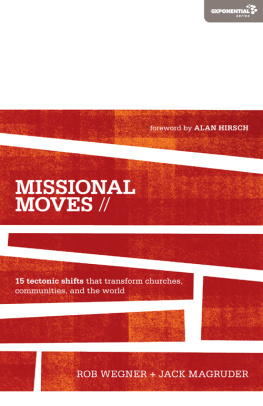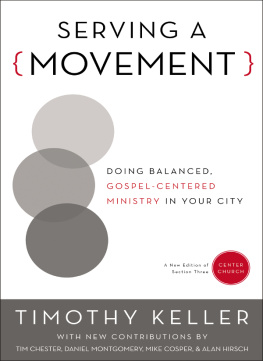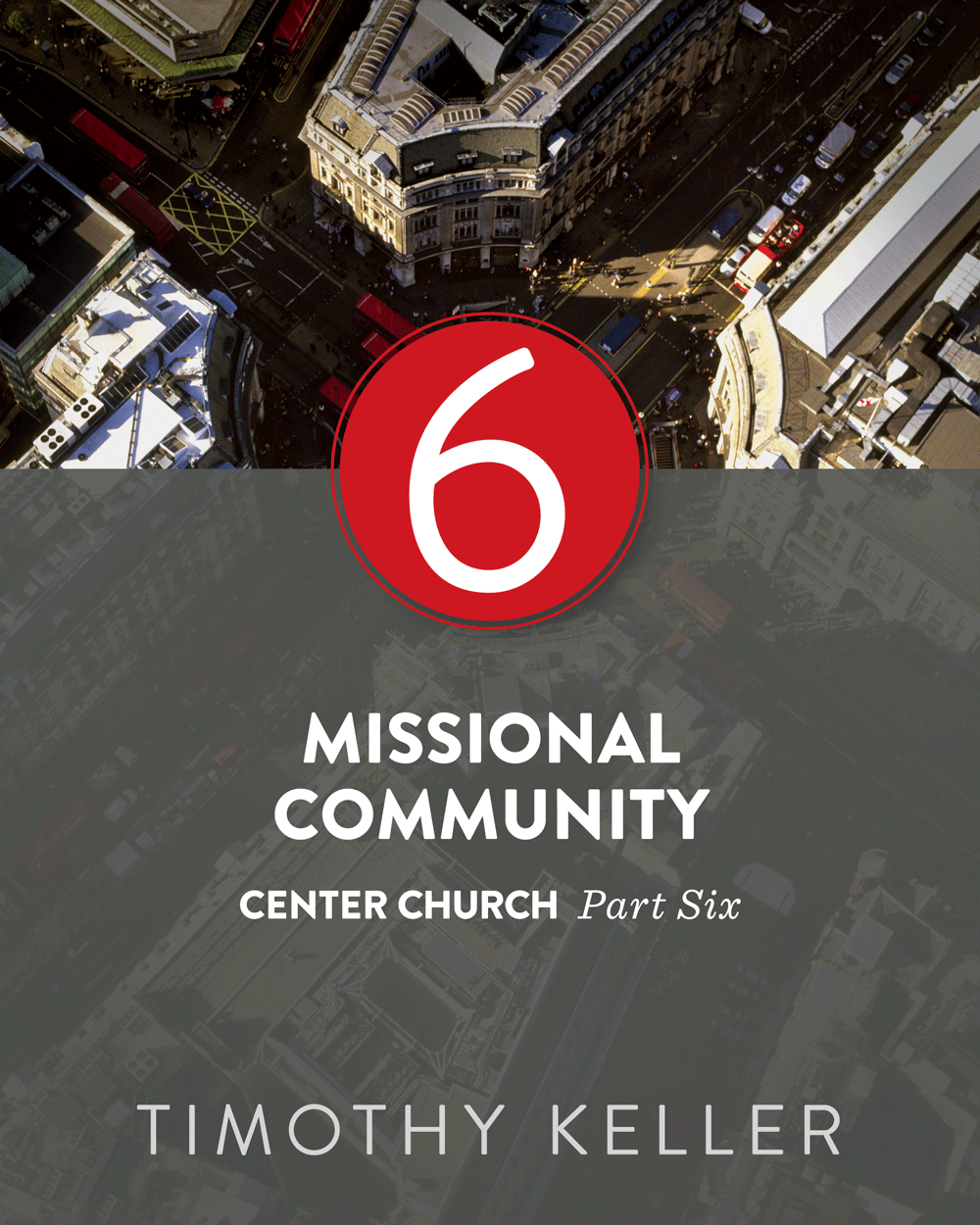Timothy Keller - Missional Community: Center Church Series, Part 6
Here you can read online Timothy Keller - Missional Community: Center Church Series, Part 6 full text of the book (entire story) in english for free. Download pdf and epub, get meaning, cover and reviews about this ebook. year: 2013, publisher: Zondervan, genre: Religion. Description of the work, (preface) as well as reviews are available. Best literature library LitArk.com created for fans of good reading and offers a wide selection of genres:
Romance novel
Science fiction
Adventure
Detective
Science
History
Home and family
Prose
Art
Politics
Computer
Non-fiction
Religion
Business
Children
Humor
Choose a favorite category and find really read worthwhile books. Enjoy immersion in the world of imagination, feel the emotions of the characters or learn something new for yourself, make an fascinating discovery.

- Book:Missional Community: Center Church Series, Part 6
- Author:
- Publisher:Zondervan
- Genre:
- Year:2013
- Rating:4 / 5
- Favourites:Add to favourites
- Your mark:
Missional Community: Center Church Series, Part 6: summary, description and annotation
We offer to read an annotation, description, summary or preface (depends on what the author of the book "Missional Community: Center Church Series, Part 6" wrote himself). If you haven't found the necessary information about the book — write in the comments, we will try to find it.
Our goal as Christians and Christian ministers is never simply to build our own tribe. Instead, we seek the peace and prosperity of the city or community in which we are placed, through a gospel movement led by the Holy Spirit. Movements like these do not follow a bounded-set approach in which you only work with others who can sign off on nearly all your distinctive beliefs and practices. Rather it follows a centered-set orientation in which you work most closely with those who face with you toward the same center. That center is a classic, orthodox understanding of the gospel of Jesus Christ, a common mission to reach and serve your city, and a commitment to have a generous, Christ-focused posture toward people who disagree with you. Its a type of movement that is missional, integrative, and dynamic. There is an ongoing conversation today about the nature of the churchs mission and its relationship to the work of individual Christians in the world. This eBook contains the sixth part of Center Church, Missional Community. In it, Keller looks at the history of the discussion, outlines what it looks like to be a missional church today, offers some words of caution about the missional conversation, and suggests how churches can practically equip their people in missional living.
Timothy Keller: author's other books
Who wrote Missional Community: Center Church Series, Part 6? Find out the surname, the name of the author of the book and a list of all author's works by series.



